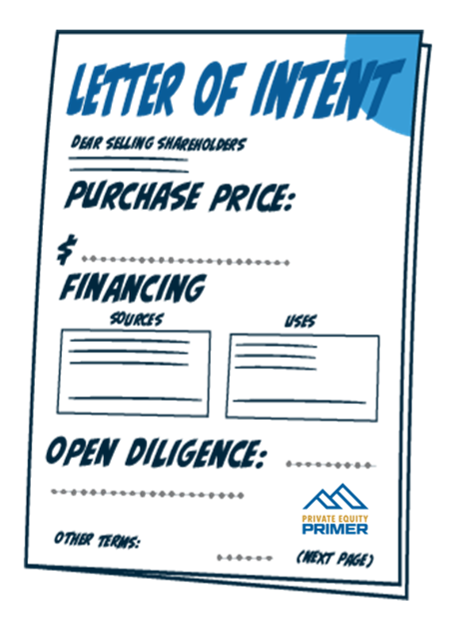Speed, Certainty, & Credibility in the M&A Process

Incentives matter and understanding the incentives of key players in a transaction allows M&A advisors and investors to better understand the cadence and decision making within the M&A landscape. With that in mind, let’s look at what investment banks truly care about and how this drives other players’ behavior in the private equity ecosystem: speed to close and certainty to close.
An investment bank representing the sell side is the market maker. They orchestrate demand for a unique asset. From creating a pitch for the business, running pre-diligence sessions with the client to prepare for market, to executing the process and closing the transaction, an investment bank typically invests six to eighteen months on a deal. The bank gets paid when the transaction closes. This creates natural alignment between the seller and their agent.
When designing a process, the investment bank wants a thick market of buyers who can move quickly and demonstrate commitment. We heard tales back in the day of PEGs routinely bidding using the same multiple for all deals they pursued. The EBITDA basis on which they bid changed based on the target’s performance, but the multiple stayed constant. This approach allowed them to submit more term sheets and dig in once they advanced in the process. In short, they were playing a probability game.
Stories like this remind us that to the buyer, all costs are transaction costs. High search costs with fewer buyers in the market allowed some PEGs for a time to get away with doing less early diligence compared to today. The M&A market has matured, and investment banks now demand more detailed bid instructions that force prospective buyers to do more upfront due diligence. This reveals another item investment banks truly value: credible commitments from buyers. They want buyers who can complete the deal without significant retrading because they skimped on leg work pre-Letter of Intent (LOI).
Speed to close is equally critical. The investment bank wants a good outcome for their client. They also want a quick payday, as their expensive deal professionals, office rent, broker dealer license, legal fees, and E&O insurance aren’t cheap. Private equity groups (PEG) share this hunger for speed. A tight timeline holds all parties’ feet to the fire and accelerates payment for banks and sellers alike.
This emphasis on speed explains the growing abundance of sell-side Quality of Earnings (QofE) reports. Information enables prospective buyers to build intuition around a company and develop testable investment theses faster. Without standardized information like normalized EBITDA figures, every buyer starts from scratch or simply guesses.
Speed, credibility, and certainty form the bedrock of healthy M&A markets, directly shaping how all participants make decisions throughout the process.
